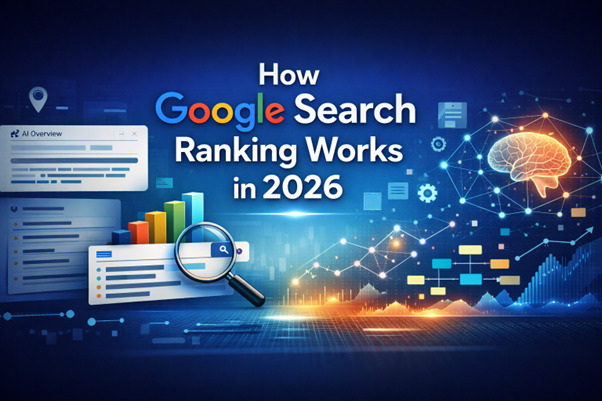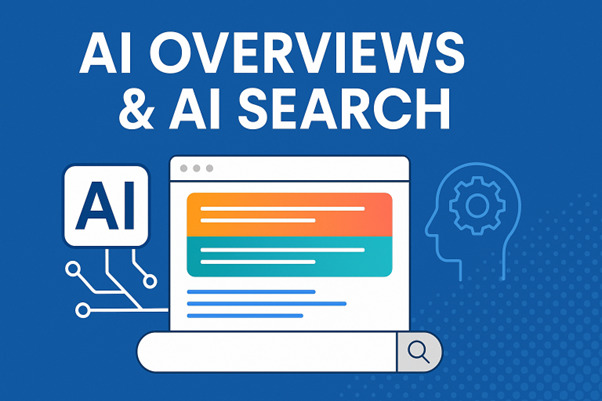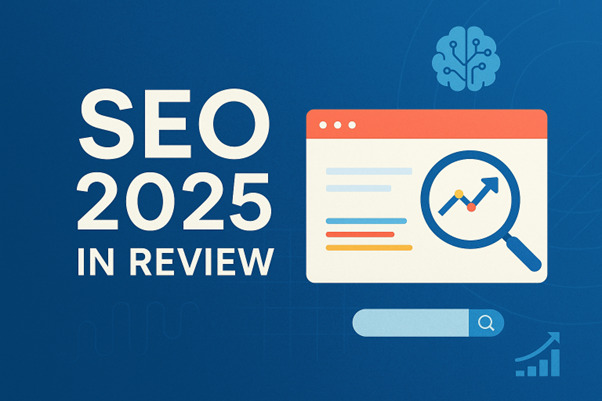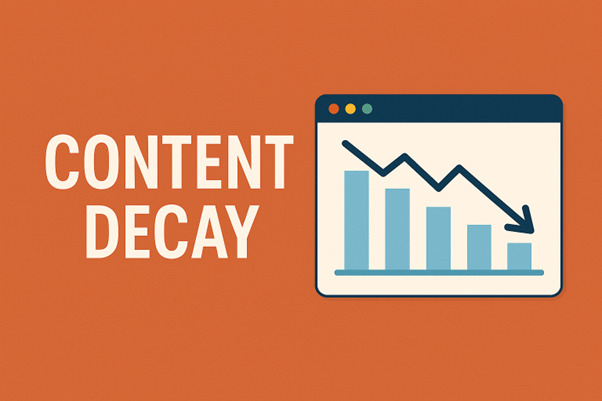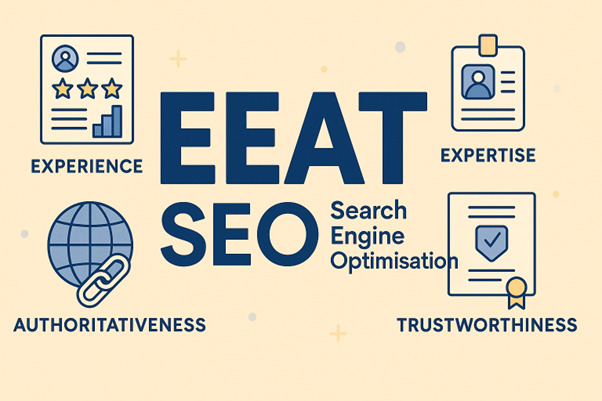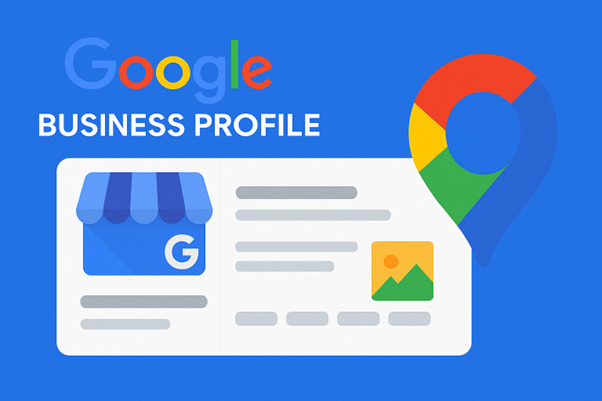How Google Search Ranking Works in 2026 (What’s Changed)
How Search Ranking Has Evolved by 2026 Understanding how Google Search ranking works in 2026 is no longer about chasing shortcuts or reacting to rumours about algorithm updates. It is about understanding how Google’s automated systems evaluate relevance, usefulness, and quality at scale. Google processes hundreds of billions of pages using automated ranking systems designed to return the most relevant and helpful results as quickly as possible. These systems do not apply fixed rules. Instead, they evaluate each search individually, weighing many signals in real time. Over time, Google has moved away from simple keyword matching toward understanding meaning, intent, and context. Crawling, indexing, and ranking still form the backbone of Search, but how content is evaluated within those stages has evolved significantly. In 2026, strong SEO performance depends on how clearly a page satisfies user intent, how trustworthy it appears, and how easy it is to use. This article breaks down how modern ranking actually works, what has changed, and how to align your website strategy with how Google evaluates results today. The 2026 Reality: Google Doesn’t “Rank Sites” — It Ranks Results From blue links to a blended search experience Google Search is no longer a simple list of web pages. A single results page can now include traditional listings, featured snippets, local results, videos, products, and AI-assisted summaries. Because of this, ranking is no longer limited to owning a single position. Visibility is distributed across multiple result types, and success increasingly depends on whether your content is selected and surfaced across those different formats. What Google actually evaluates at query time Google does not assign permanent rankings to websites. Each search triggers an evaluation of eligible pages based on the query, context, and user settings. Automated systems weigh relevance, usefulness, and other signals in milliseconds. The same page can appear prominently for one user and less visibly for another, depending on intent, location, and search history. Why site-wide strength is not a guarantee Strong site-wide signals help Google understand credibility, but they do not ensure visibility for every page. Ranking decisions are made primarily at the page level. This means a well-focused, clearly written page can outperform a stronger domain if it better matches the user’s intent. The End-to-End Pipeline: From Discovery to Ranking Crawling: how content is discovered Crawling is the entry point into Search. Google discovers most pages by following links, not through manual submission. In 2026, internal linking remains critical. Clear navigation, logical page relationships, and stable URLs help crawlers reach important content efficiently. Poor URL hygiene, broken links, and unnecessary duplication still waste crawl resources and slow down discovery. Indexing: turning pages into retrievable entities After discovery, Google processes pages for indexing. This involves rendering content and deciding what information is stored. Pages may fail to be indexed if they cannot be rendered properly, are blocked, duplicate other content without clear canonicals, or offer little unique value. Being indexed only means a page is eligible to appear. It does not mean it will rank. Ranking: selecting and ordering results Ranking happens only when a search is performed. Google evaluates indexed pages based on relevance to the query, content quality, usability, and contextual signals such as location and settings. Many pages remain indexed but receive little visibility because they are outperformed at query time. The Core Ranking Framework in 2026: Relevance, Quality, and Usability Relevance: matching meaning, not just keywords Keywords are still used as a basic signal, but repetition alone no longer works. Google evaluates whether a page covers the topic meaningfully and addresses related concepts users expect. Aggregated and anonymised interaction data is used to improve how relevance is estimated over time, without relying on individual user behaviour. Effective execution in 2026 focuses on intent clusters such as explanations, comparisons, and step-by-step guidance, supported by clear structure and headings. Quality: prioritising what appears helpful and trustworthy Once relevance is met, Google prioritises content that appears helpful. Signals associated with expertise, authoritativeness, and trustworthiness help shape this evaluation. Link-based understanding still exists and helps Google interpret relationships between pages and topics. Trust should be visible. Clear authorship, evidence of first-hand experience, sourcing where appropriate, and transparent editorial standards all support quality assessment. Usability: when experience becomes the tie-breaker When content quality is similar, usability can influence which result performs better. Mobile friendliness, fast loading, stable layouts, and the absence of intrusive elements are now baseline expectations rather than advanced optimisations. Context overlays: localisation and personalisation Results vary based on location, language, device, and user settings. Google may also surface previously visited pages more prominently for the same user. Because of this, rankings should be treated as directional indicators, not absolute positions. Signals vs Systems: The Mental Model for 2026 Why Google emphasises ranking systems Google describes ranking as the output of multiple automated systems working together. Each system evaluates different aspects of content using many signals. Ranking primarily occurs at the page level. Site-wide signals help provide context, but they do not guarantee success or failure across an entire website. This explains why individual pages must stand on their own merit. Helpful content as a baseline requirement Helpful content is no longer treated as a standalone update. Google has integrated people-first content principles into its core ranking systems. This means helpfulness is a baseline quality expectation across a site, not a one-off optimisation effort. Weaker sections, such as thin templates or low-value pages, may influence how overall site quality is understood, making consistency more important than isolated wins. The Biggest Visible Change: AI Features and Rankings AI Overviews and organic visibility AI Overviews are part of modern Search experiences for certain types of queries. They provide summaries with links that allow users to explore content in more detail. These features sit alongside traditional rankings and draw from pages Google already considers relevant and reliable. In 2026, SEO execution benefits from being citation-worthy. Clear definitions, structured answers, and original insights improve the likelihood of being referenced. Strengthening brand and entity signals also helps
